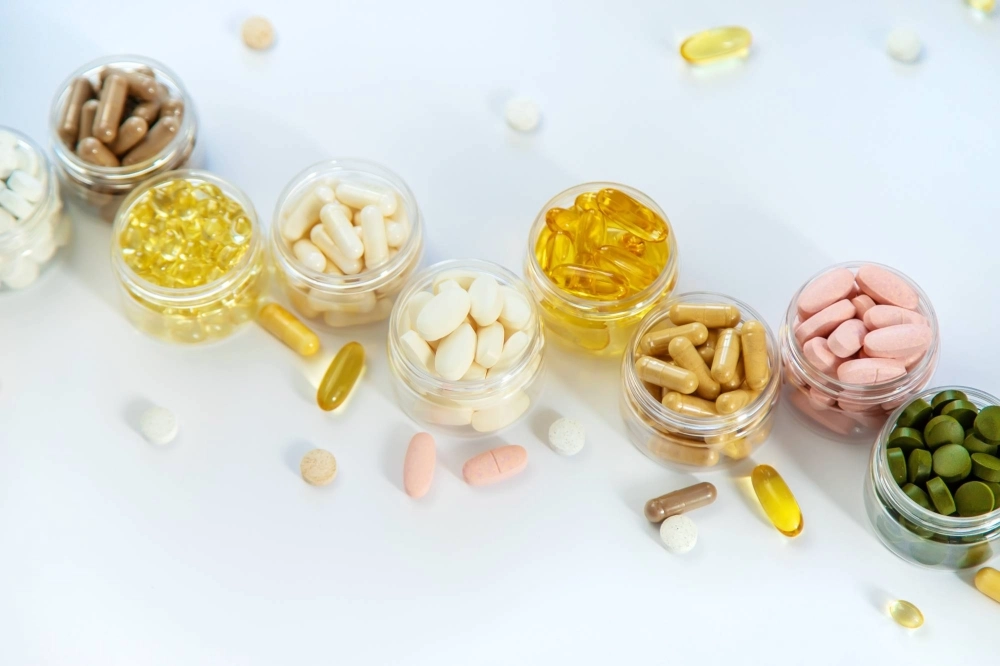Japan’s market for supplements has been steadily expanding over the past few years following rising health awareness after the COVID-19 pandemic.
The market, which has come under a spotlight following reports of fatalities involving people who consumed supplements produced by Kobayashi Pharmaceutical, is forecast to grow 4.1% year on year to ¥212.3 billion ($1.4 billion) for the fiscal year 2023, which ends on March 31.
It is expected to grow another 4% to ¥220.8 billion in fiscal 2024, according to Yano Research Institute.


















With your current subscription plan you can comment on stories. However, before writing your first comment, please create a display name in the Profile section of your subscriber account page.